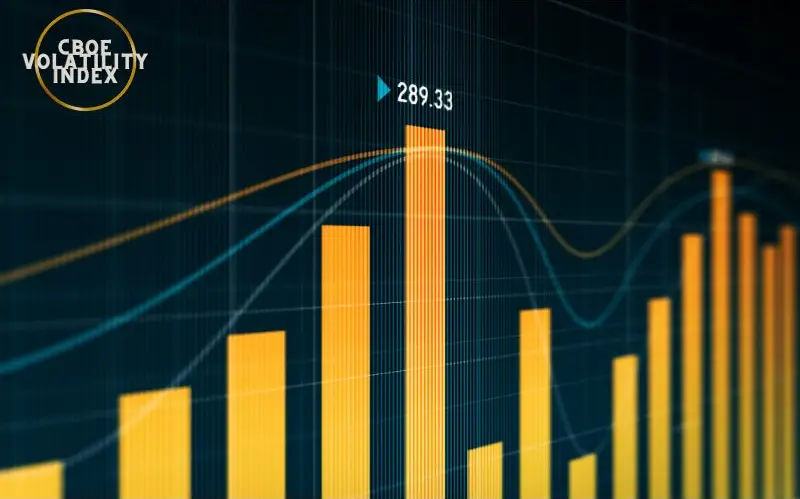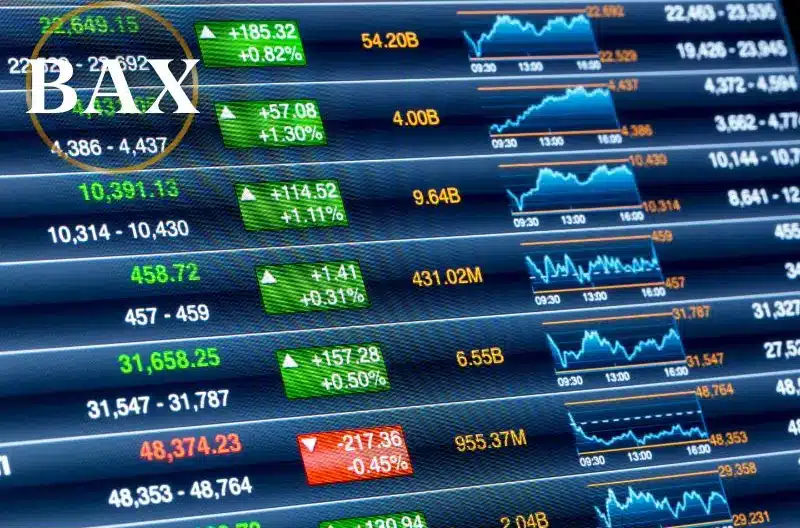Discover the dynamic world of the stock market in Taiwan, a key player in the global economy. With its robust performance and innovative companies, Taiwan’s stock market offers plenty of opportunities for investors looking to grow their portfolios.
One of the most important stock indices in Taiwan is the Taiwan Stock Exchange (TWSE) Weighted Index, which tracks the performance of all listed stocks on the TWSE. Another major index is the FTSE TWSE Taiwan 50 Index, which includes the top 50 companies by market capitalization on the TWSE.
How Does the Stock Market Work in Taiwan
In Taiwan, the stock market operates similarly to other global stock markets. It is regulated by the Taiwan Stock Exchange (TWSE) and allows investors to buy and sell shares of publicly listed companies.
To invest in the stock market in Taiwan, investors can open a brokerage account with a local or international brokerage firm. They can then start buying and selling stocks listed on the TWSE or the Taipei Exchange (TPEx).
When investing in Taiwanese stocks, it is important for investors to conduct thorough research on the companies they are interested in, as well as keep an eye on market trends and economic indicators that may impact stock prices.
Some of the major stocks that generate profit in Taiwan include Taiwan Semiconductor Manufacturing Company (TSMC), Hon Hai Precision Industry Co. (Foxconn), Cathay Financial Holding Co., Formosa Petrochemical Corporation, and MediaTek Inc.
Investors can choose to invest in these companies or diversify their portfolio by investing in a mix of industries and sectors to mitigate risk.
Overall, investing in the stock market in Taiwan requires careful consideration, research, and monitoring of market conditions to make informed investment decisions.
What is the benefits of buying stocks in Taiwan
Investing in the Taiwan stock market can offer several benefits for investors looking to diversify their portfolio and potentially earn attractive returns. Some of the key benefits of buying stocks in Taiwan include:
1. Strong economic growth: Taiwan has a robust economy with a focus on technology, manufacturing, and exports. This can provide ample opportunities for investors to capitalize on the country’s economic success through investing in Taiwanese companies.
2. Access to innovative industries: Taiwan is home to many leading technology companies, such as TSMC, MediaTek, and Acer. Investing in these companies can give investors exposure to some of the most innovative and dynamic industries in the world.
3. Political stability: Taiwan is known for its stable political environment, which can provide a sense of security for investors compared to other emerging markets that may be more volatile.
4. Attractive valuations: The Taiwan stock market may offer attractive valuations compared to other developed markets, making it a potentially appealing investment opportunity for value-oriented investors.
When investing in the Taiwan stock market, it is important for investors to keep in mind several tips and takeaways:
1. Conduct thorough research: Before investing in any Taiwanese company, it is essential to conduct thorough research on the company’s financials, management team, industry trends, and competitive landscape.
2. Diversify your portfolio: As with any investment strategy, diversification is key when investing in the Taiwan stock market. By spreading out your investments across different sectors and companies, you can reduce risk and potentially improve returns.
3. Stay informed: Keep abreast of news and developments related to the Taiwanese economy and stock market. Understanding macroeconomic trends and geopolitical events can help you make informed investment decisions.
4. Consider working with a financial advisor: If you are new to investing or unsure about how to navigate the Taiwan stock market, consider working with a financial advisor who can provide guidance tailored to your individual investment goals and risk tolerance.
In conclusion, investing in the Taiwan stock market can offer unique opportunities for diversification and potential growth. By following these tips and takeaways, investors can make informed decisions that align with their investment objectives while navigating the complexities of this dynamic market.
The main stock indices in Taiwan
Stock market indices are important indicators of the overall performance of a stock market or a specific sector within it. In Taiwan, some of the most important stock market indices include the Taiwan Stock Exchange Capitalization Weighted Stock Index (TAIEX), the FTSE Taiwan Index, and the MSCI Taiwan Index.
The TAIEX is one of the most widely followed indices in Taiwan and represents the performance of all listed common stocks on the Taiwan Stock Exchange. It is weighted by market capitalization, meaning that larger companies have a greater impact on its movements.
The FTSE Taiwan Index is designed to represent the performance of Taiwanese companies listed on the London Stock Exchange. It provides investors with a benchmark for measuring the performance of Taiwanese equities traded internationally.
The MSCI Taiwan Index is part of the MSCI Emerging Markets Index and tracks large and mid-cap stocks in Taiwan. It is used by investors as a benchmark for comparing their investment performance against Taiwanese equity markets.
In Taiwan, stock market indices are regulated by regulatory bodies such as the Financial Supervisory Commission (FSC) and the Taiwan Stock Exchange (TWSE). These organizations oversee the listing requirements, trading rules, and transparency standards that govern how companies are included in indices and how they are calculated.
Regulation ensures that stock market indices accurately reflect changes in stock prices, provide reliable benchmarks for investors, and maintain integrity in financial markets. By following these regulations, investors can make informed decisions based on index performance and trends in the broader market.
Overall, understanding how stock market indices work and how they are regulated in Taiwan can help investors navigate the complexities of financial markets and make informed investment decisions. By staying informed about key indices like TAIEX, FTSE Taiwan Index, and MSCI Taiwan Index, investors can track market trends, assess risk levels, and diversify their portfolios effectively.
Recap: The stock market in Taiwan
The stock market in Taiwan has shown resilience and stability in recent years, attracting both domestic and foreign investors. With a strong focus on technology and manufacturing sectors, Taiwanese companies have demonstrated steady growth and profitability.
Government regulations and policies have played a crucial role in creating a favorable environment for businesses to thrive in Taiwan. The country’s reputation for innovation and high-quality products has also contributed to the success of its stock market.
Despite some volatility due to global economic uncertainties, the Taiwan stock market has continued to perform well compared to other markets in the region. Investors have shown confidence in the long-term prospects of Taiwanese companies, leading to sustained growth in stock prices.
Overall, the stock market in Taiwan offers opportunities for investors looking to diversify their portfolios and capitalize on the country’s strong economic fundamentals. With a robust regulatory framework and a track record of success, Taiwan remains an attractive destination for investment in the Asia-Pacific region.




























































